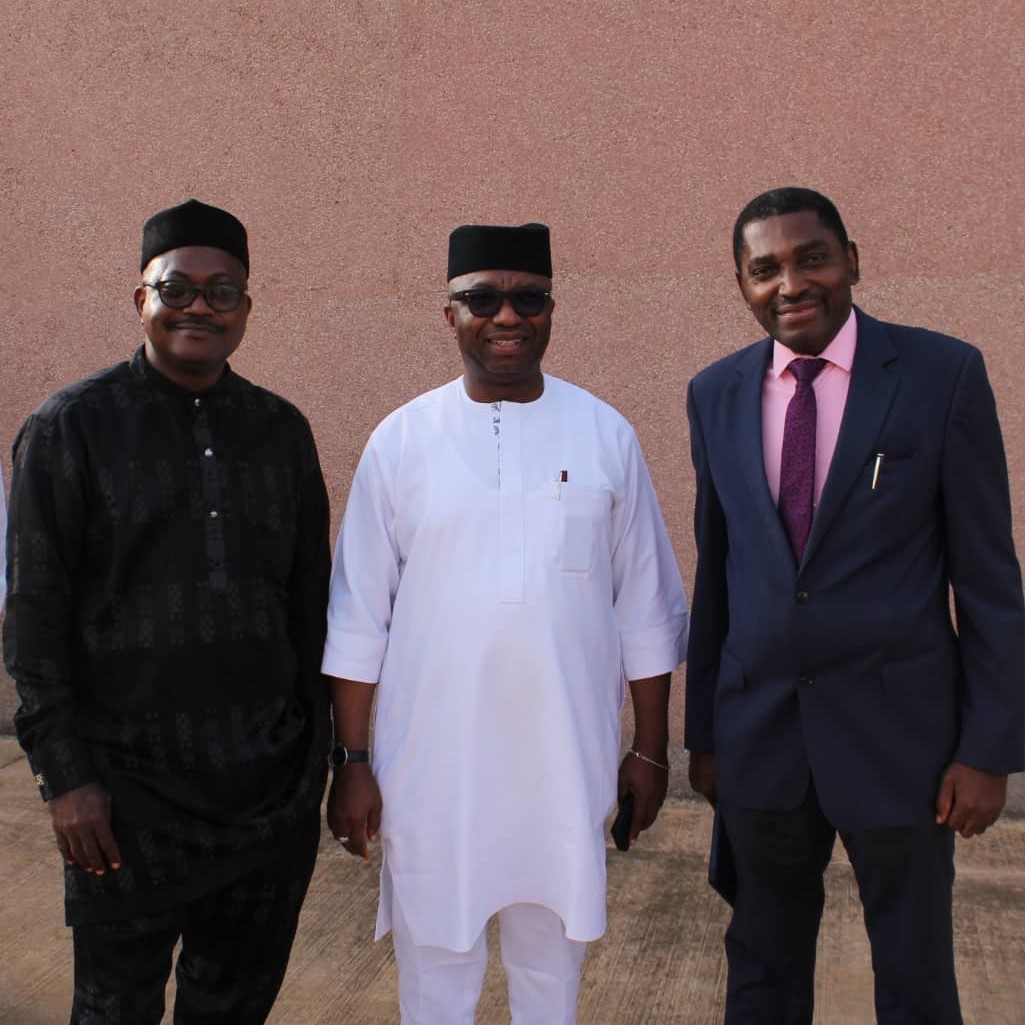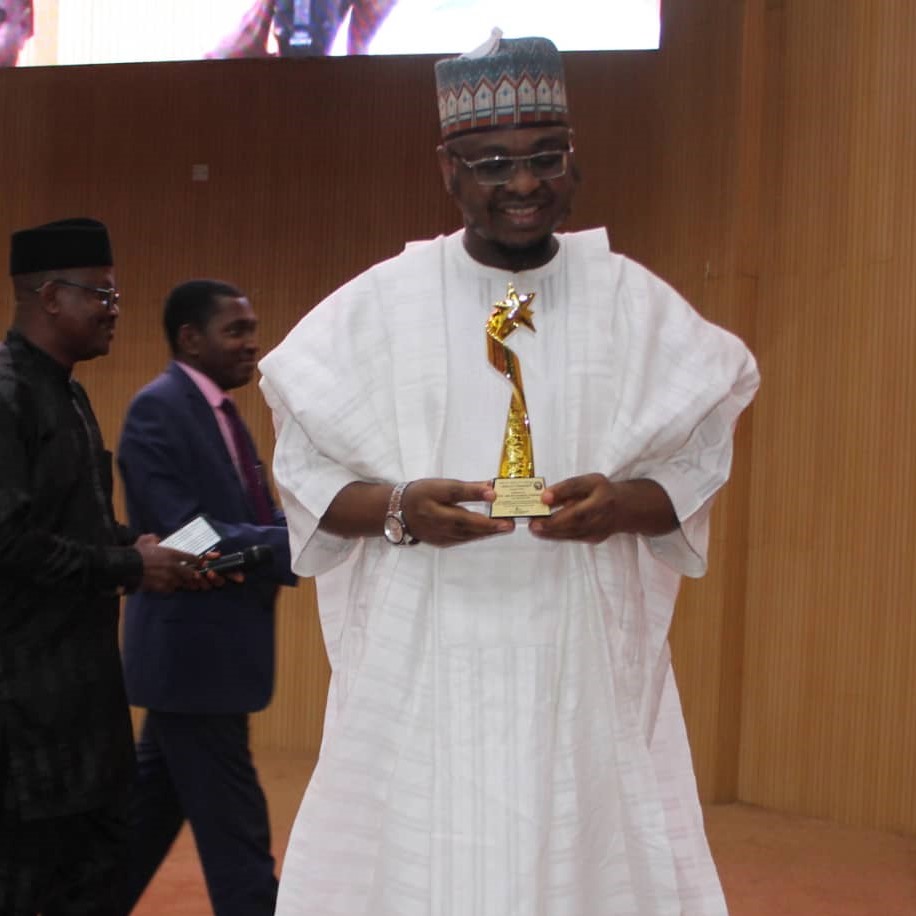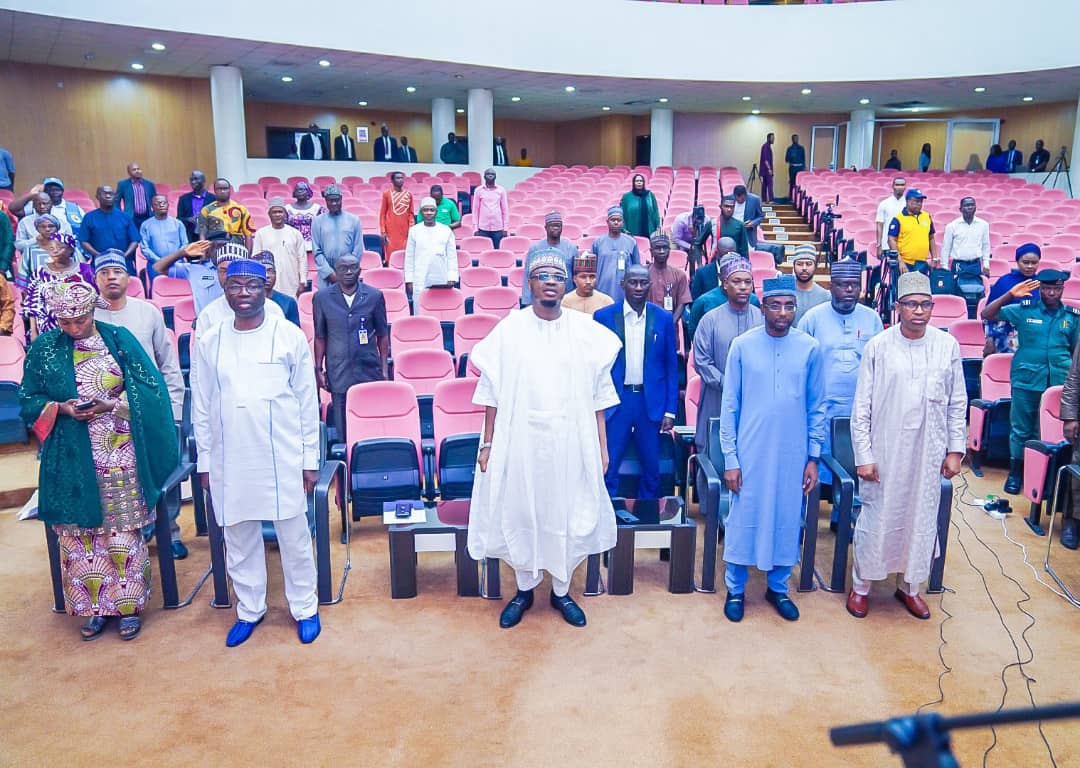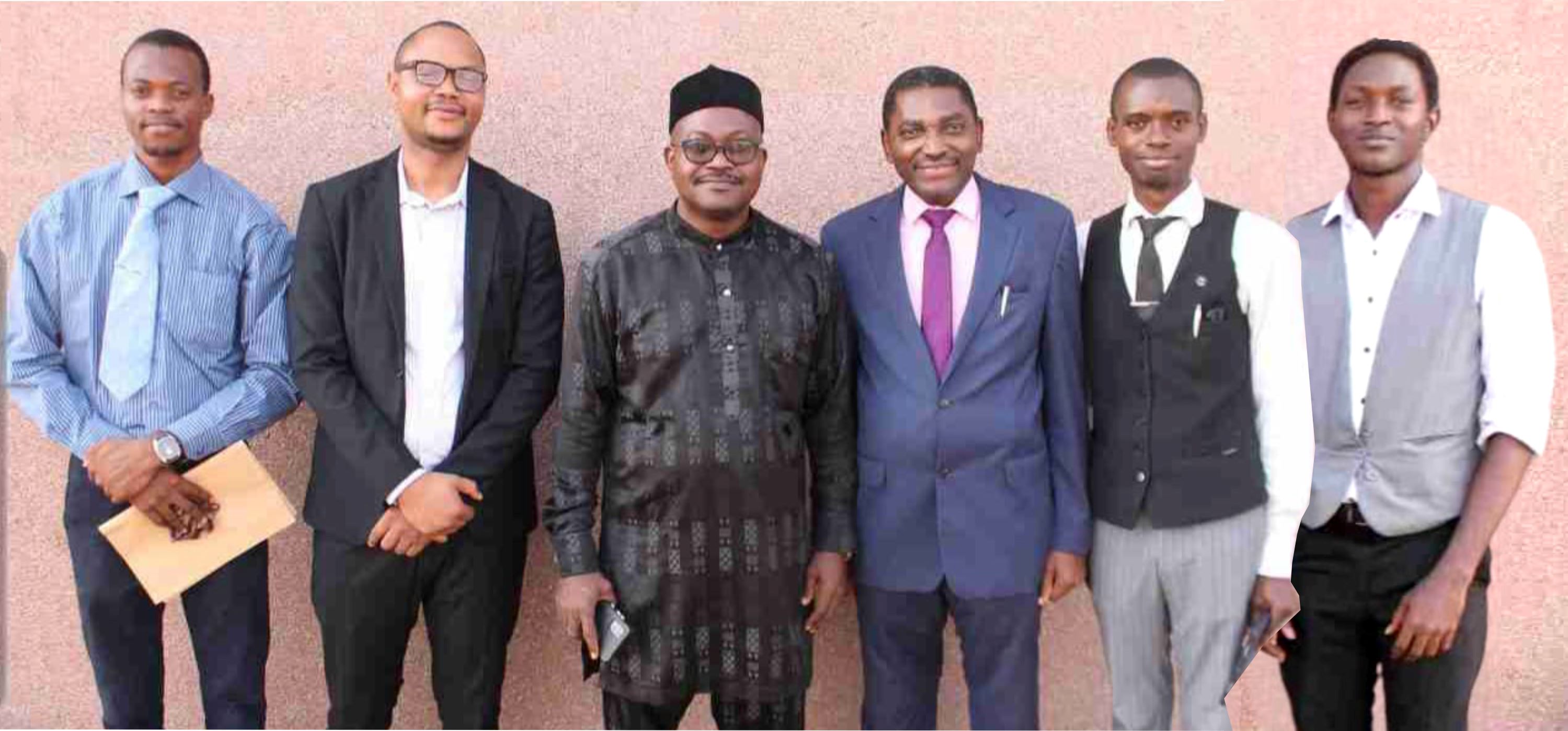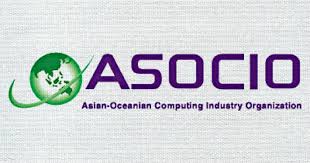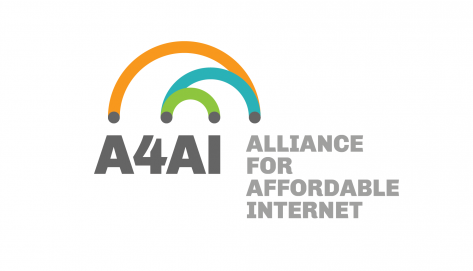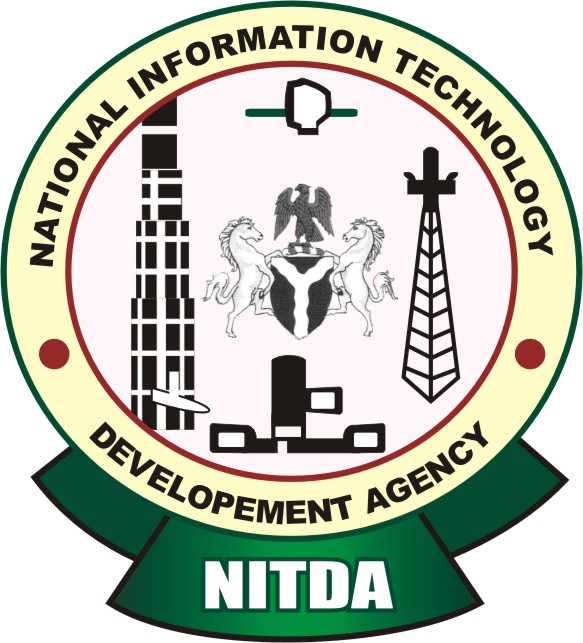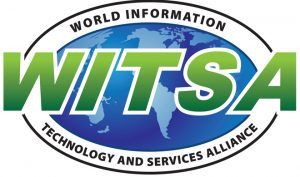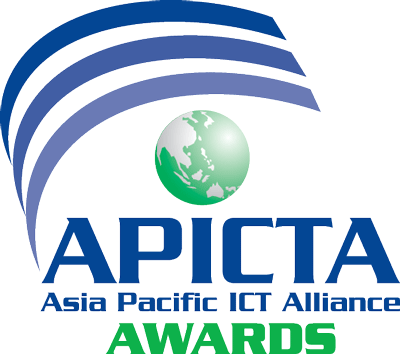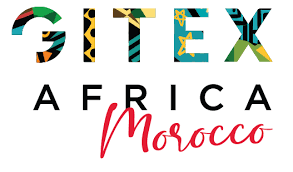
Exciting news!
Registration is currently open for the 11th AfICTA Summit (Virtual)! Our distinguished Speakers have begun confirming their participation. Don't miss out.
Concept Note
In recent years, Africa has made significant progress in the digitalization of its economies, leading to increased economic opportunities and sustainable development. As the wave of the 21st century is gaining momentum, which is undoubtedly an era of digitalization, African countries must keep pace with the rapid changes brought about by technological advancements in areas such as economy, finance, healthcare, education, agriculture, and e-commerce.
As the world becomes increasingly digital, Africa must embrace digital technologies to achieve sustainable development. Smart cities can play a key role in this transformation by using digital solutions to improve the quality of life for citizens. However, cybersecurity is a critical issue that must be addressed to ensure the safety and security of digital infrastructure and users. The responsible use of Artificial Intelligence and other emerging technologies is also essential as much as digital skills acquisition to ensure that all citizens benefit from the digital revolution. The core of Digitalization holds the key to unlocking Africa's full economic potential. By embracing digital technologies and fostering an ecosystem of innovation, the continent can leapfrog into a sustainable future, empowering its people and creating a vibrant, digitally connected economy for the benefit of all.
Despite the progress that has been made, Africa still faces several challenges in its efforts to achieve digital transformation. One major challenge is the lack of a unified digital payment solution across the continent, which makes cross-border transactions more difficult and costly. In addition, the prevalence of cyber-attacks, the lack of infrastructure, and limited digital literacy pose significant barriers to progress. However, with the right policies and investments, these challenges can be overcome and Africa's digital transformation fast-tracked.
The 11th AfICTA Summit is themed "Transforming Africa's Economy through Digitalization for Sustainable Development." and would explore how digital technologies can transform Africa's economy and society. It will focus on the potential of smart cities, cybersecurity, digital skills, bridging the digital divide, Artificial Intelligence and ethics, and the impact of technology on the environment and climate change. The summit will bring together thought leaders, ICT experts, and policymakers, to discuss these issues and develop solutions for a more sustainable future.
Smart cities can play a crucial role in achieving sustainable development by using digital technologies to improve the lives of citizens. Digital technologies can also help provide better public services such as healthcare, education, and security. It is also essential to address cybersecurity challenges to ensure that digital infrastructure is protected from attacks. In addition, digital skills and digital literacy are critical for ensuring that all citizens can benefit from the digital revolution. By embracing digital transformation, Africa can reap the benefits of new technologies and create a more prosperous future for its people.
Register Here: https://us02web.zoom.us/webinar/register/WN_J5NAfyLSQ4COucBL91kD-Q#/registration
For more information, please visit the Event Page: https://aficta.africa/summits/summit-2023
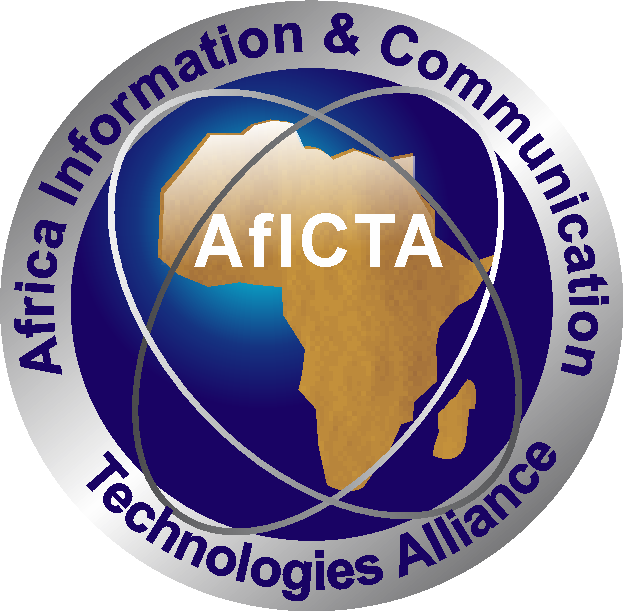
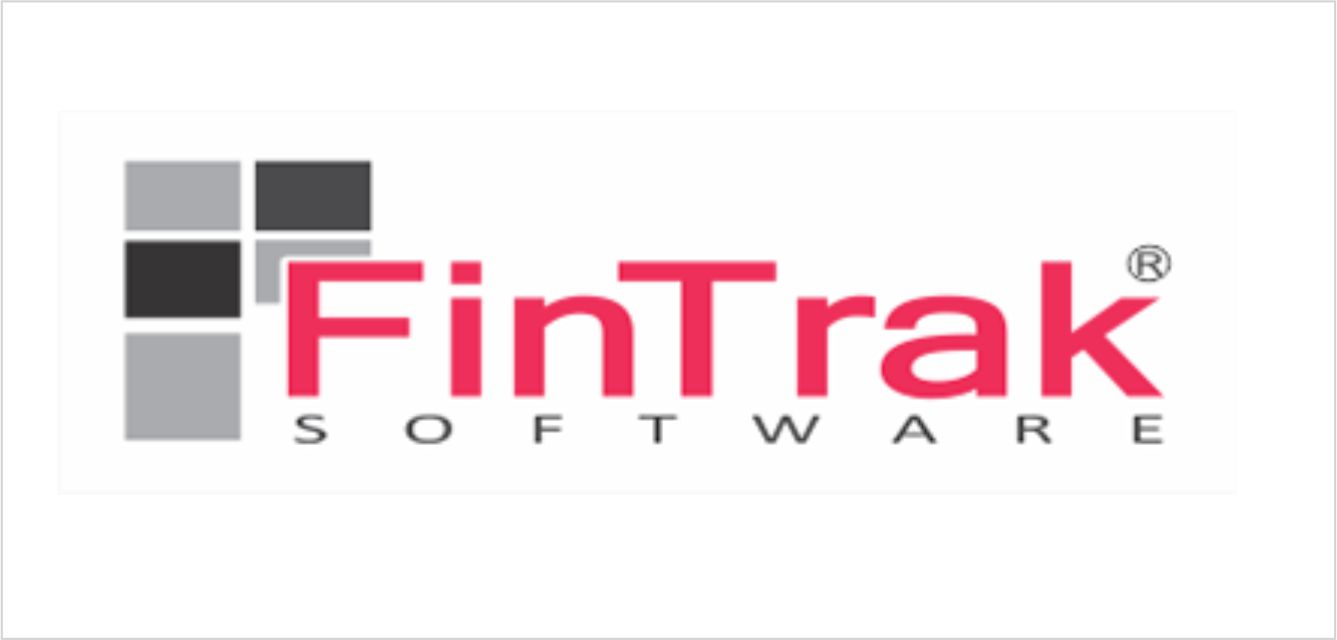

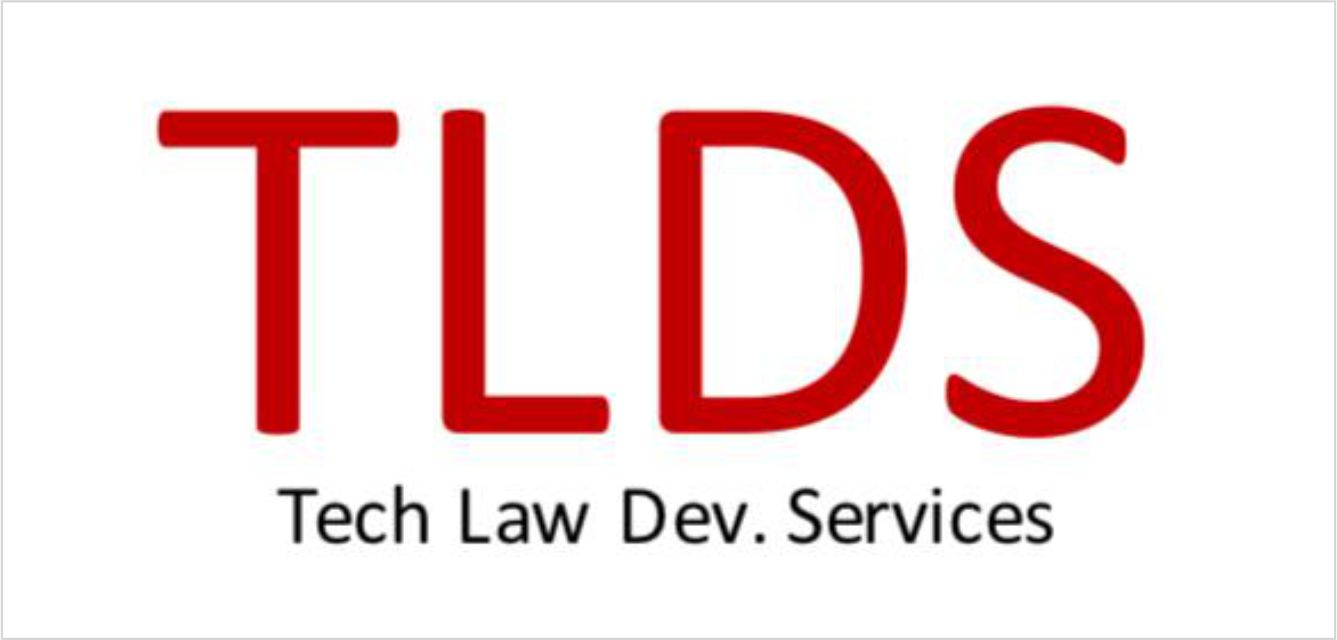
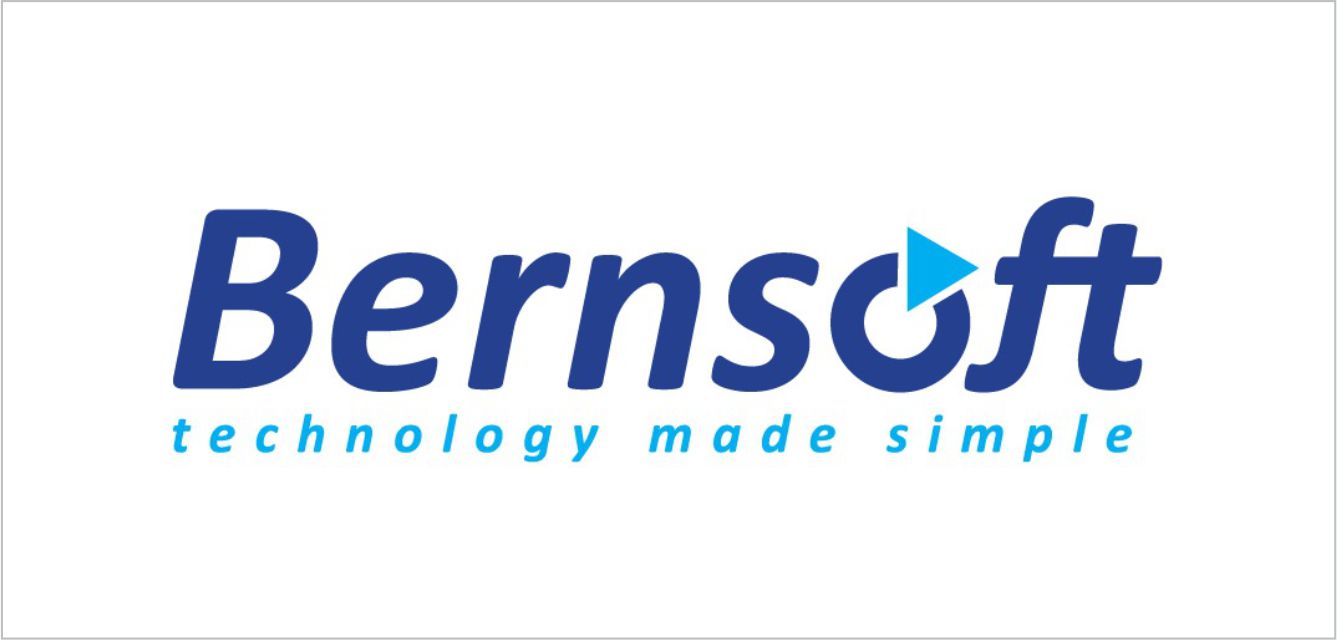

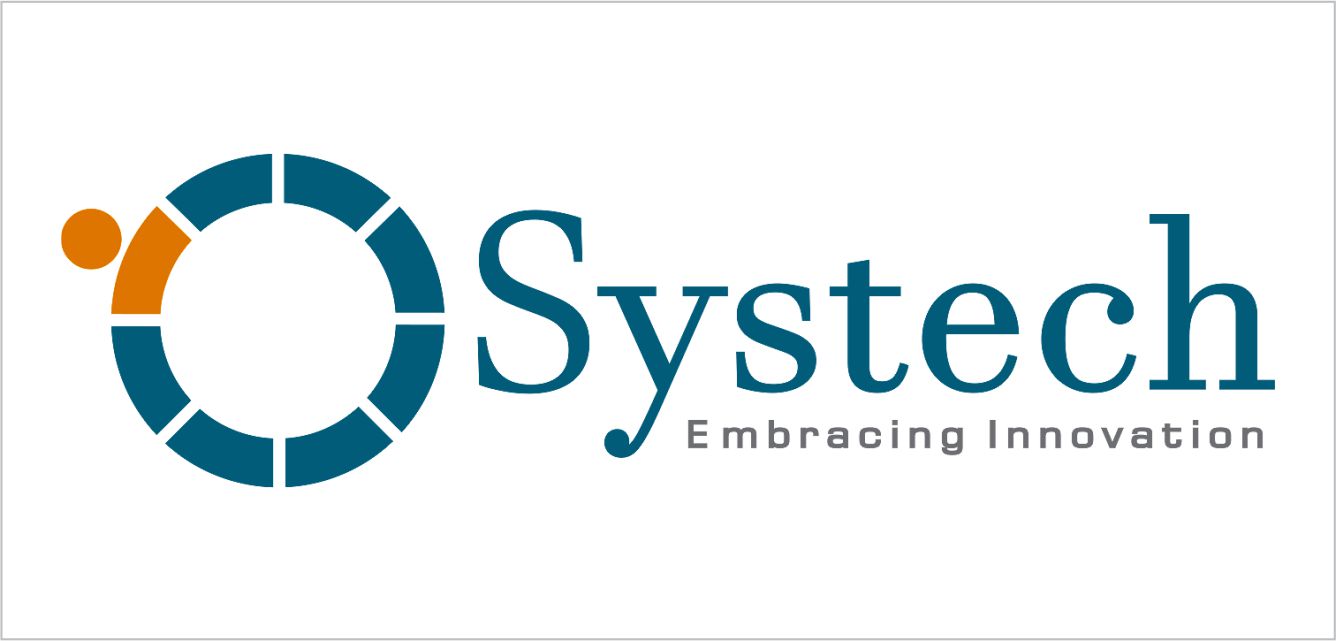
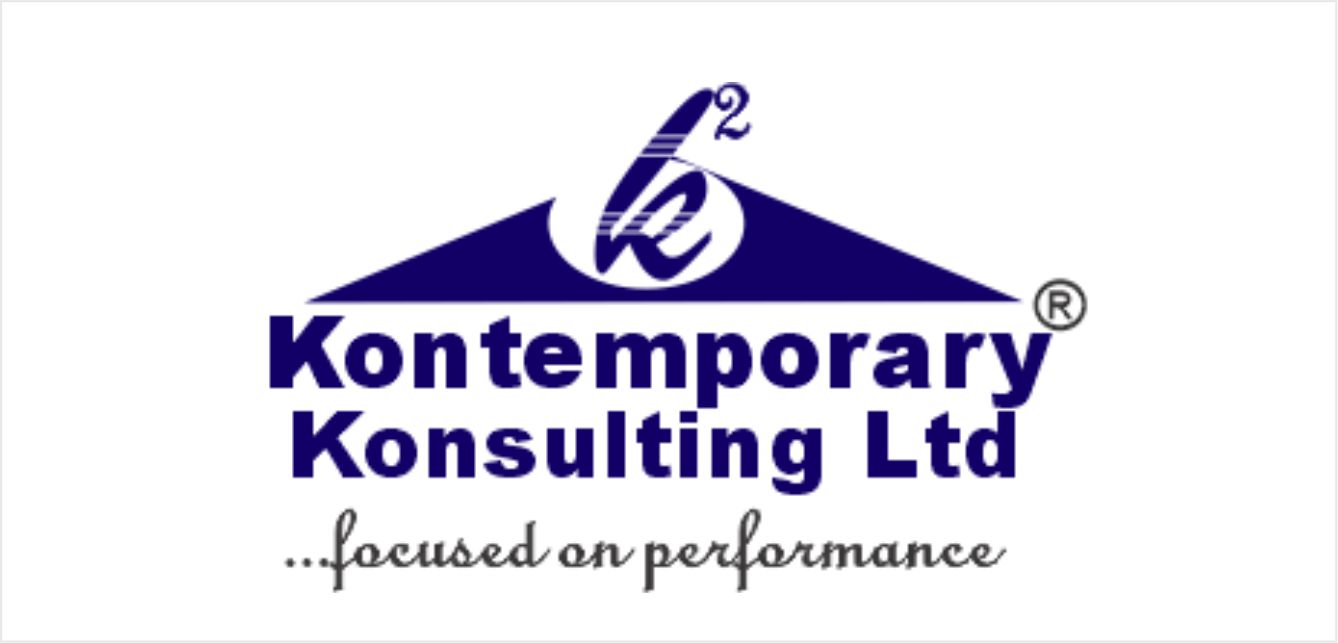
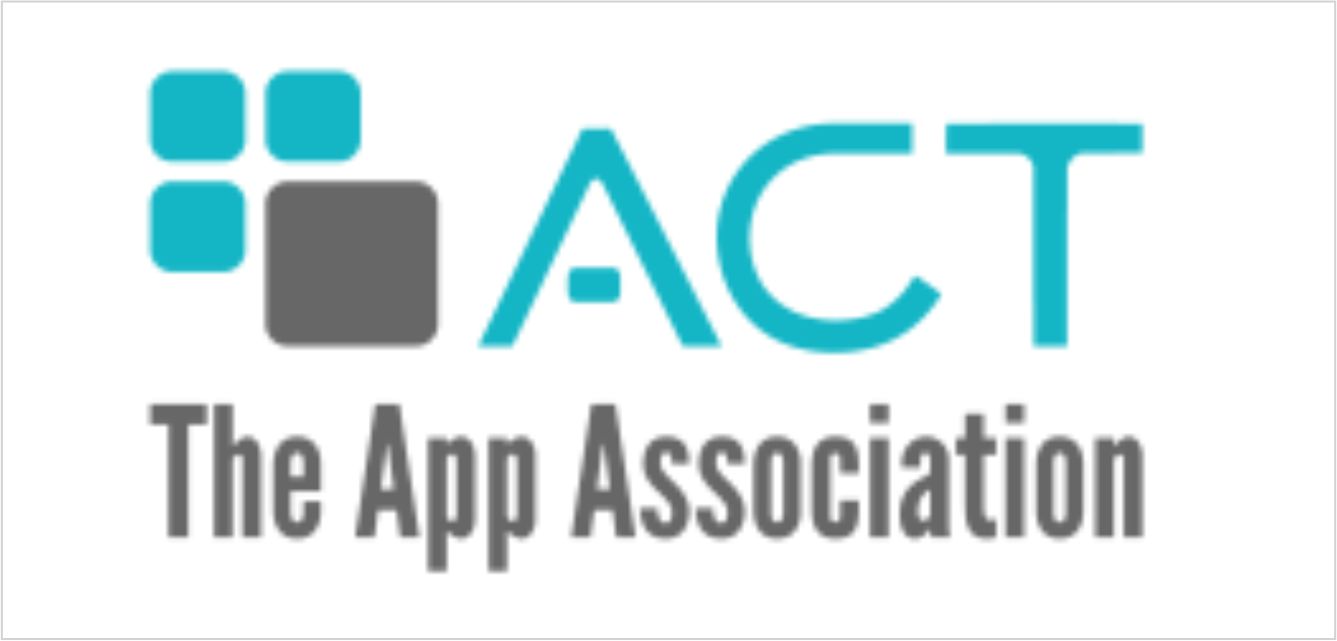
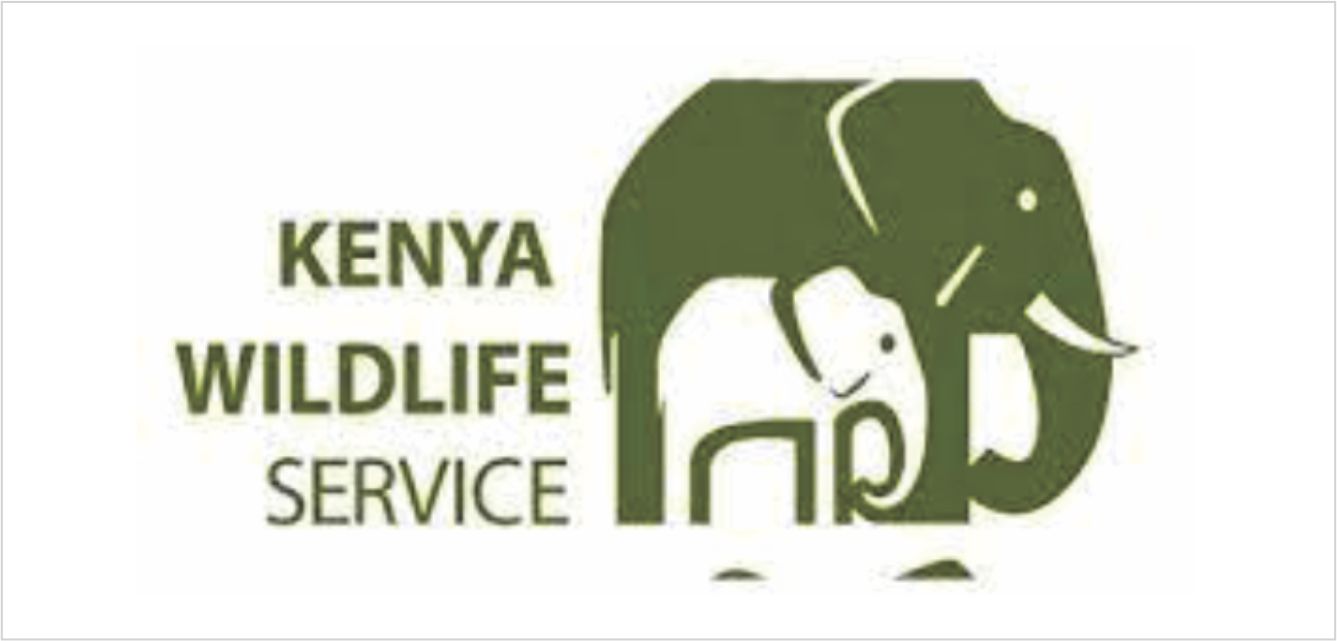
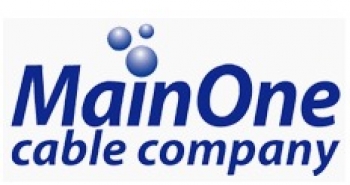



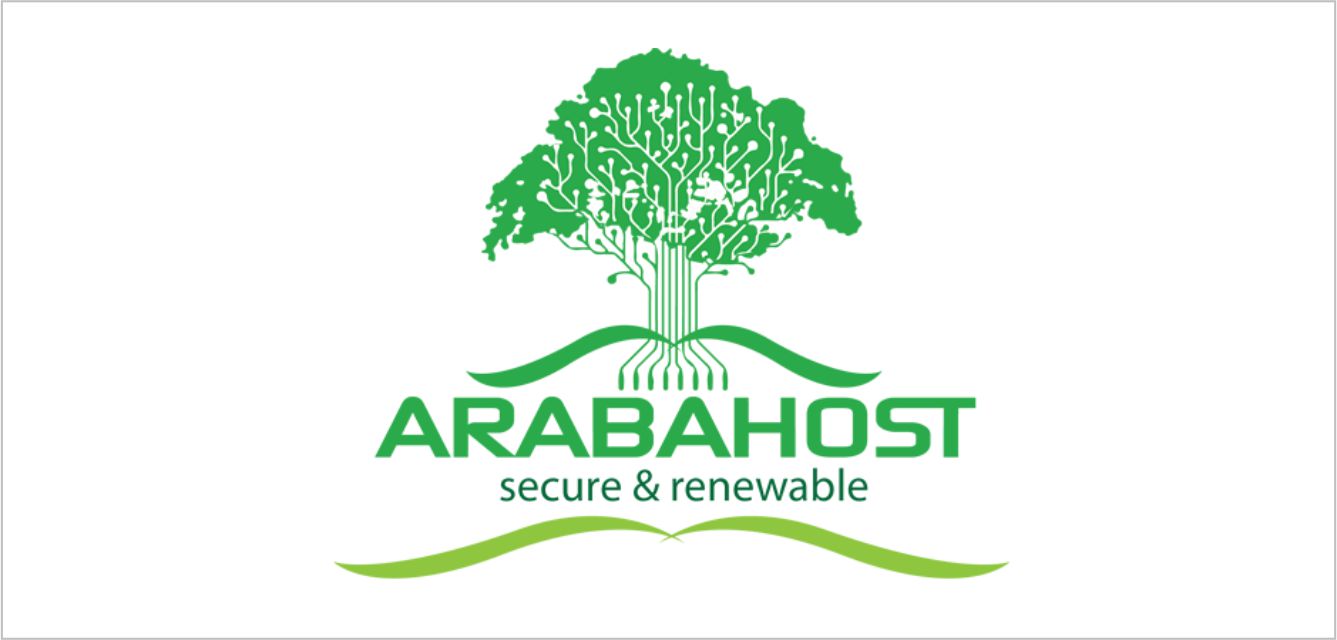
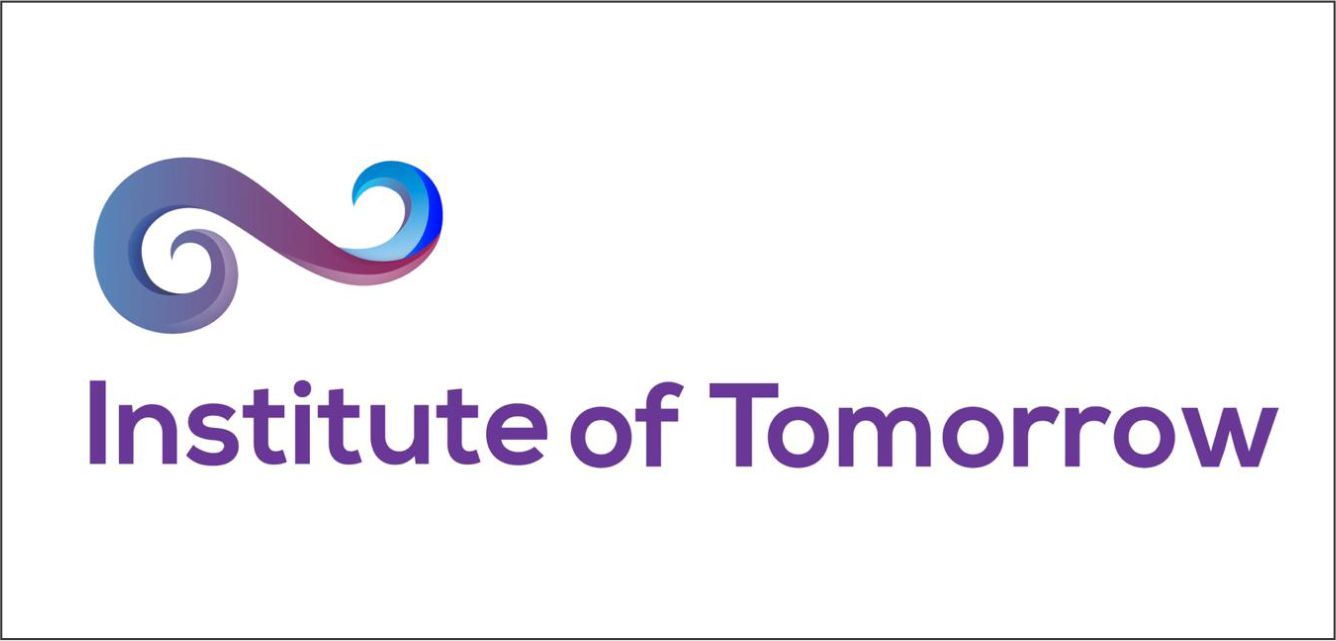
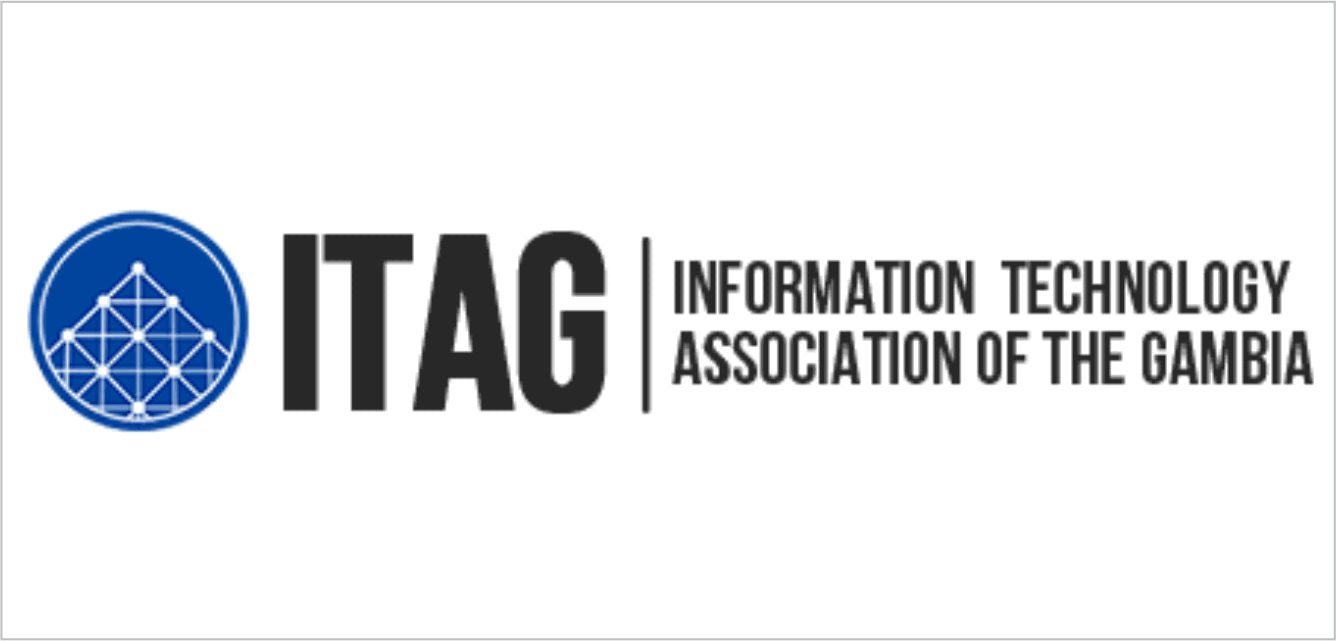


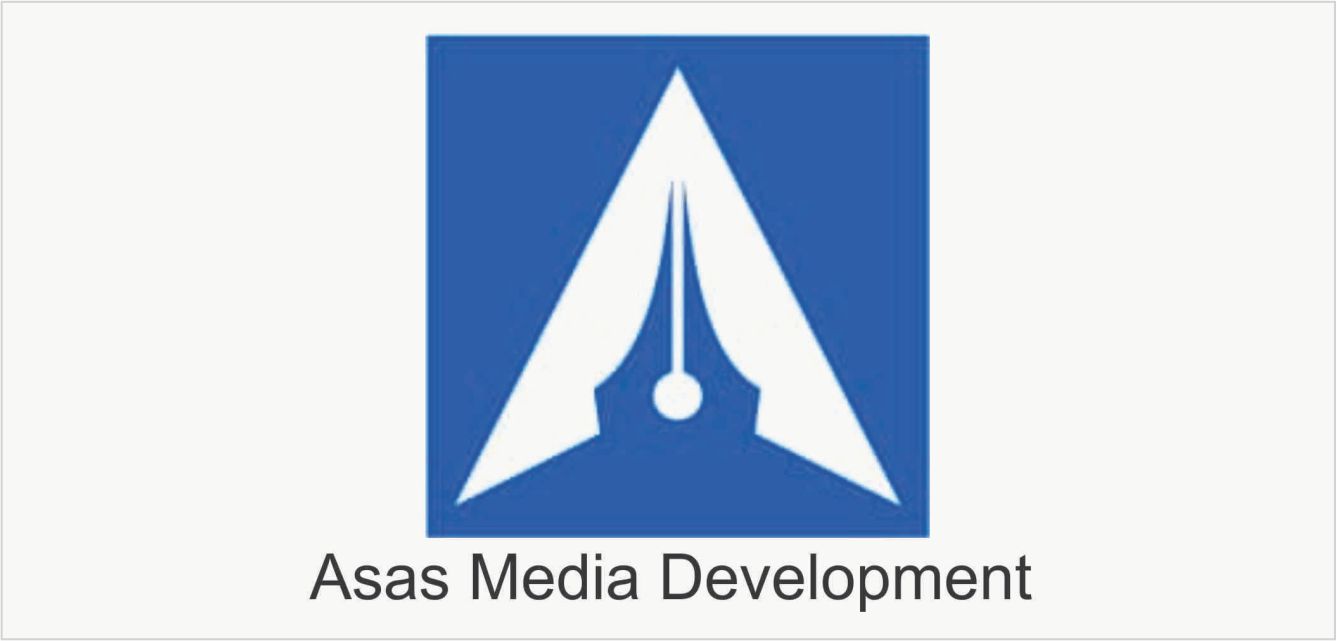
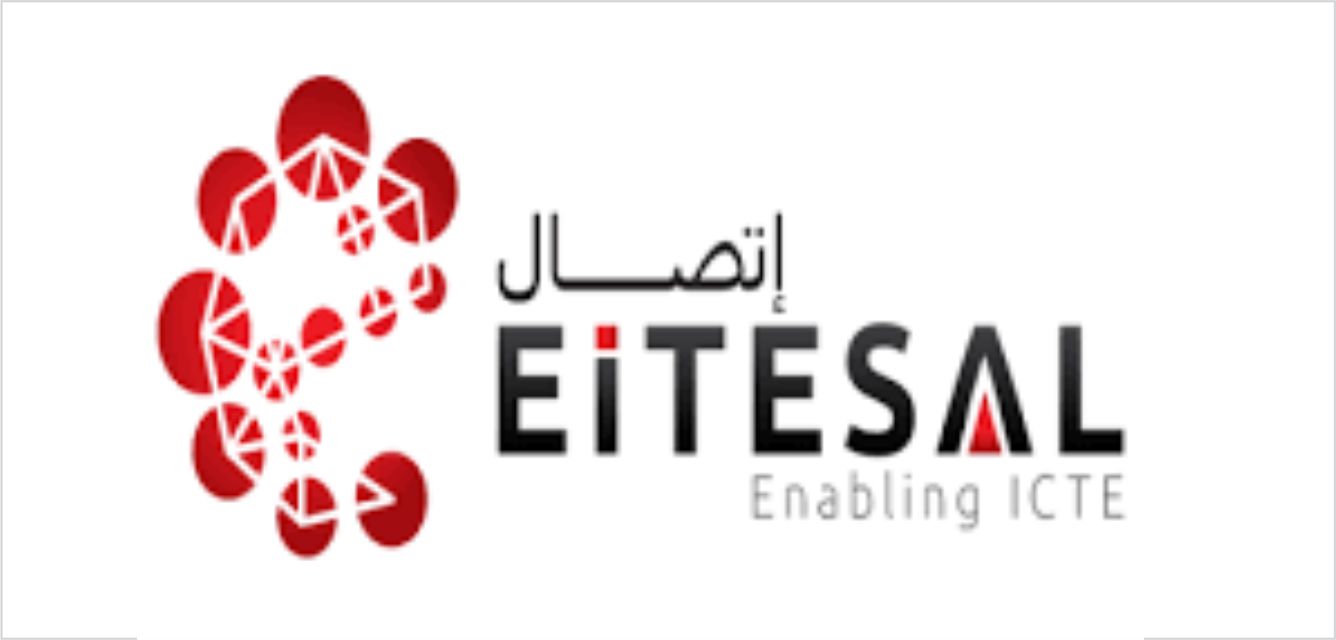
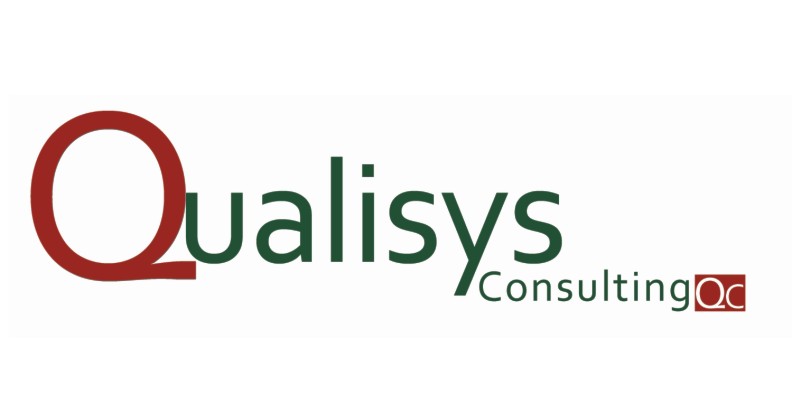
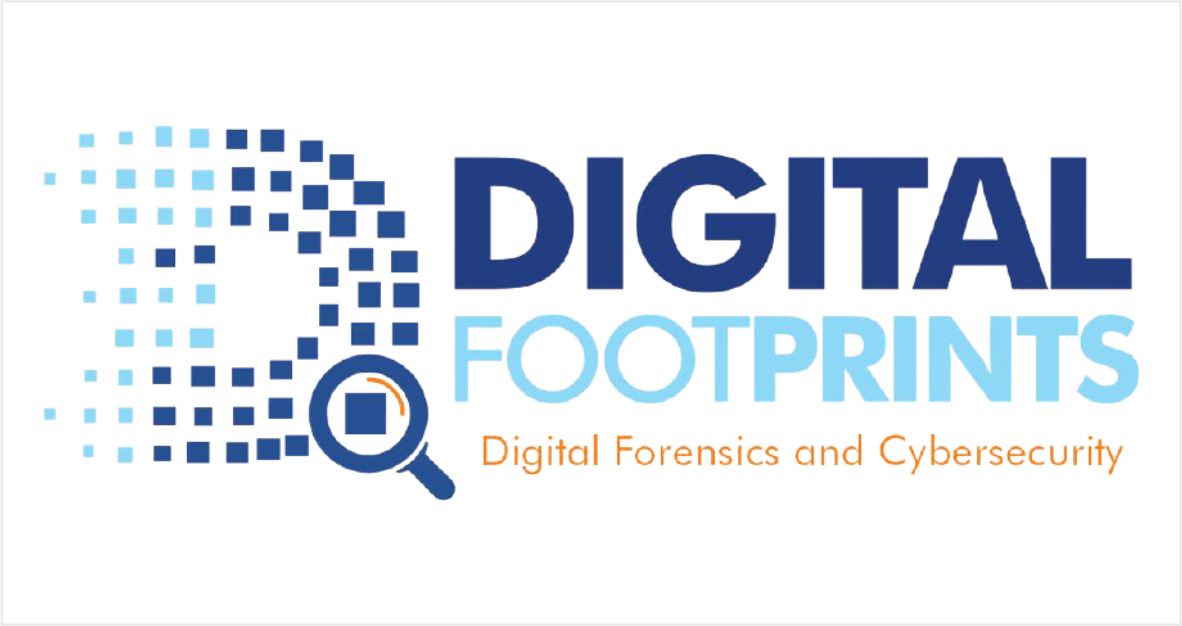
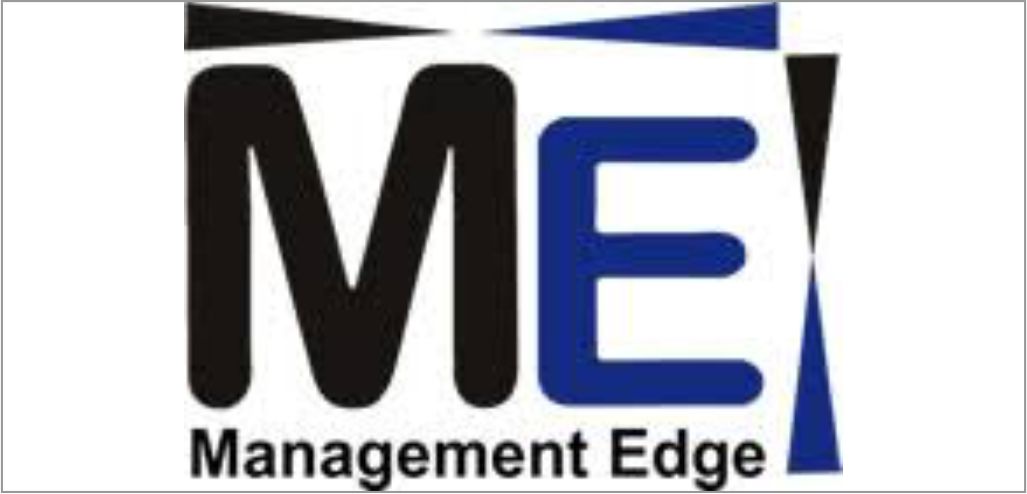
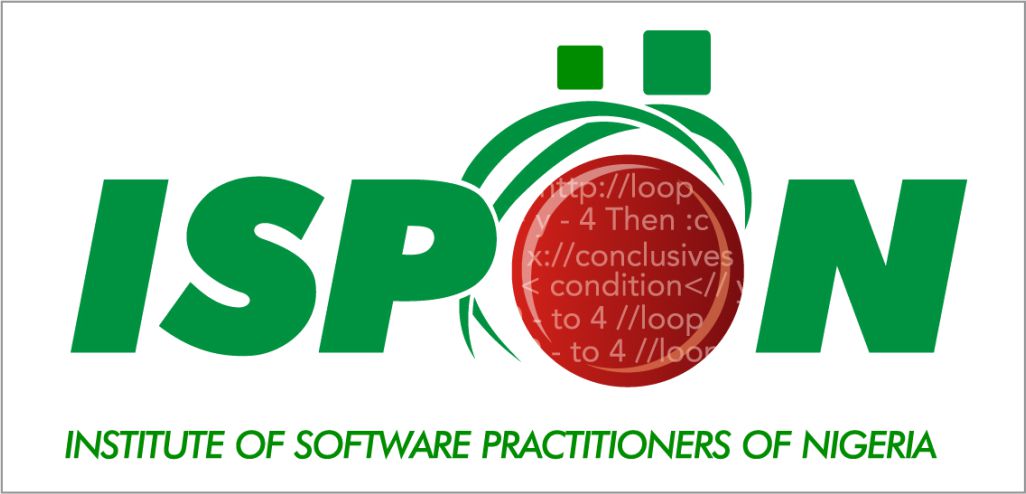


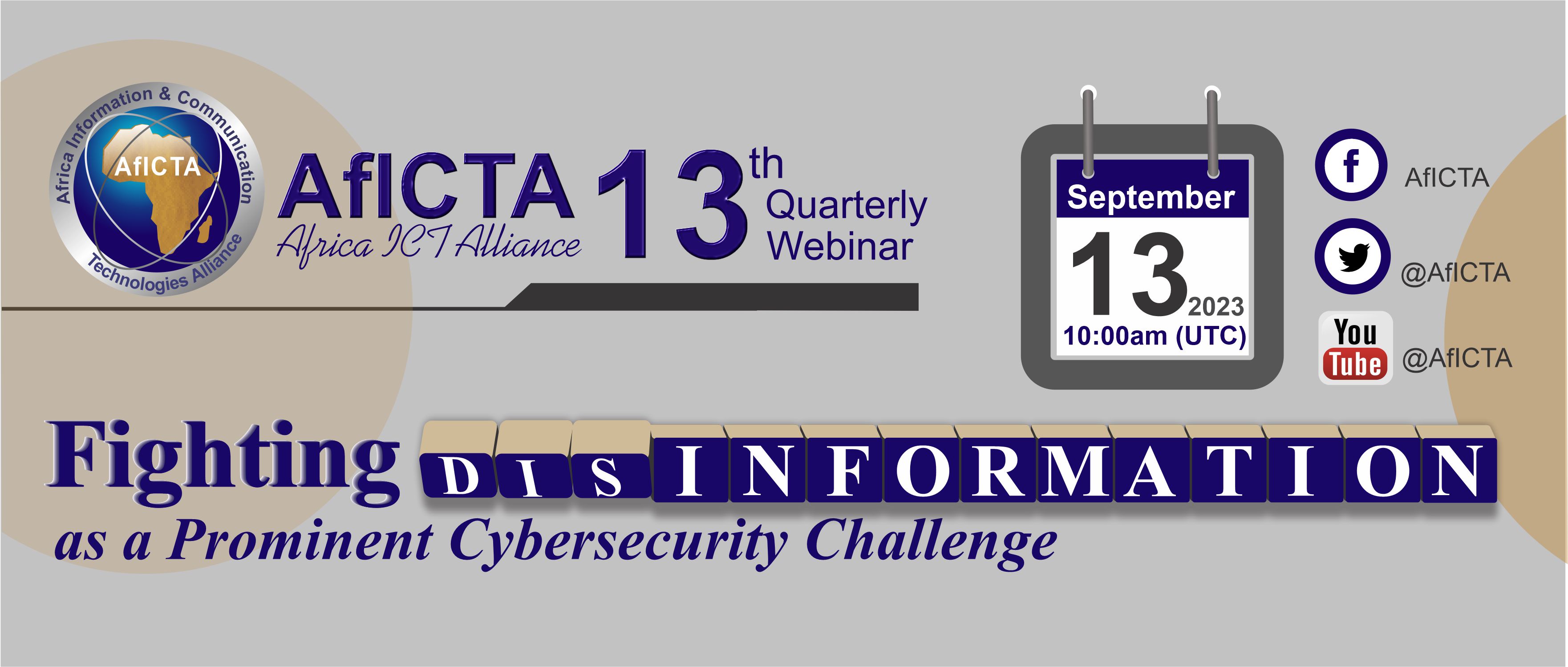


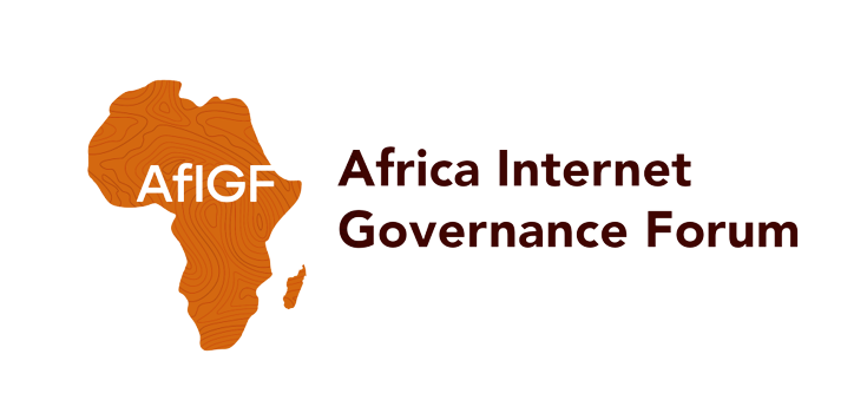
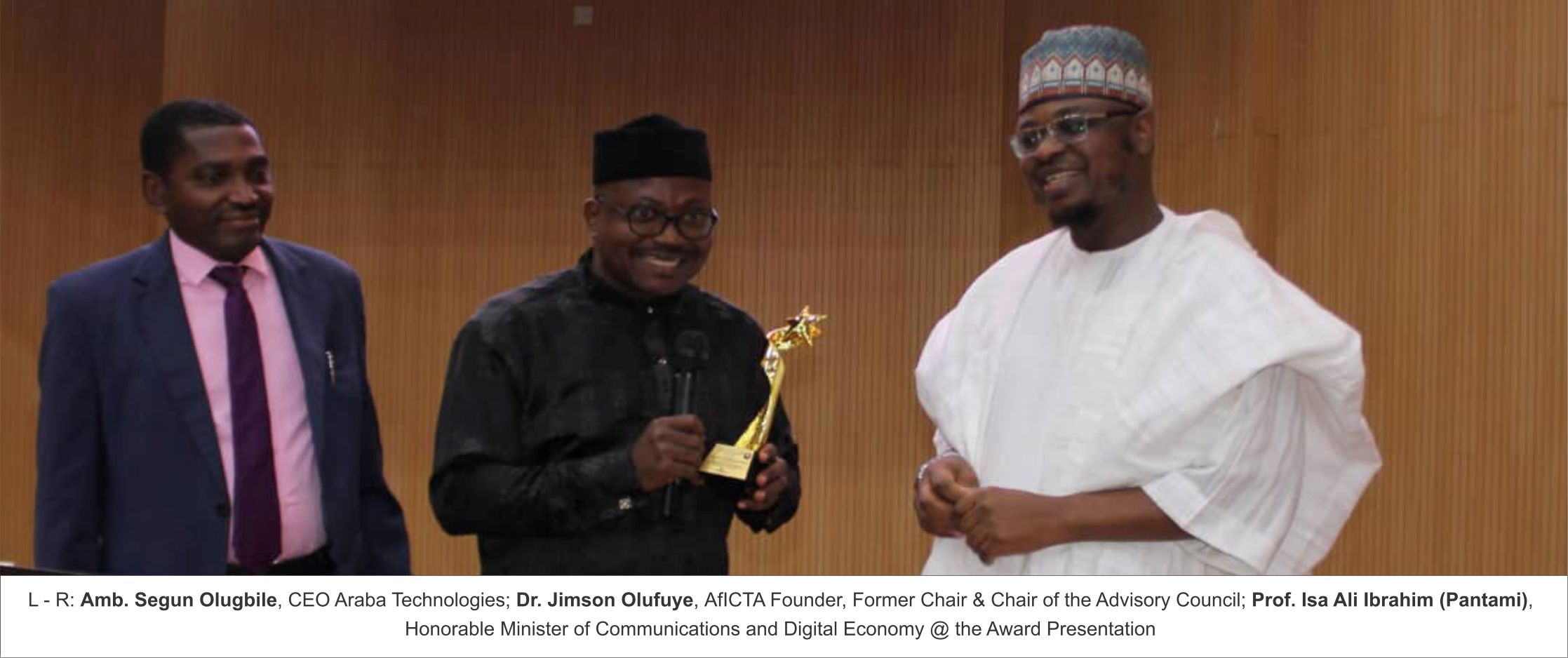 AfICTA's 5-man delegation led by its Founder, Former Chair, and Chair of the Advisory Council, Dr. Jimson Olufuye, organized a presentation ceremony of The Africa ICT Personality Award 2022 to the outgoing Minister of Communications and Digital Economy of Nigeria, Prof. Isa Ali Ibrahim (Pantami) on Wednesday, 24th May 2023 in Abuja Nigeria. The aforementioned delegation included Mr. Timilehin Ambali, Board Member and COO Dotengee Ent.; Amb. Segun Olugbile, CEO Araba Technologies; Mr. Ife Olufuye and two AfICTA -
AfICTA's 5-man delegation led by its Founder, Former Chair, and Chair of the Advisory Council, Dr. Jimson Olufuye, organized a presentation ceremony of The Africa ICT Personality Award 2022 to the outgoing Minister of Communications and Digital Economy of Nigeria, Prof. Isa Ali Ibrahim (Pantami) on Wednesday, 24th May 2023 in Abuja Nigeria. The aforementioned delegation included Mr. Timilehin Ambali, Board Member and COO Dotengee Ent.; Amb. Segun Olugbile, CEO Araba Technologies; Mr. Ife Olufuye and two AfICTA - 